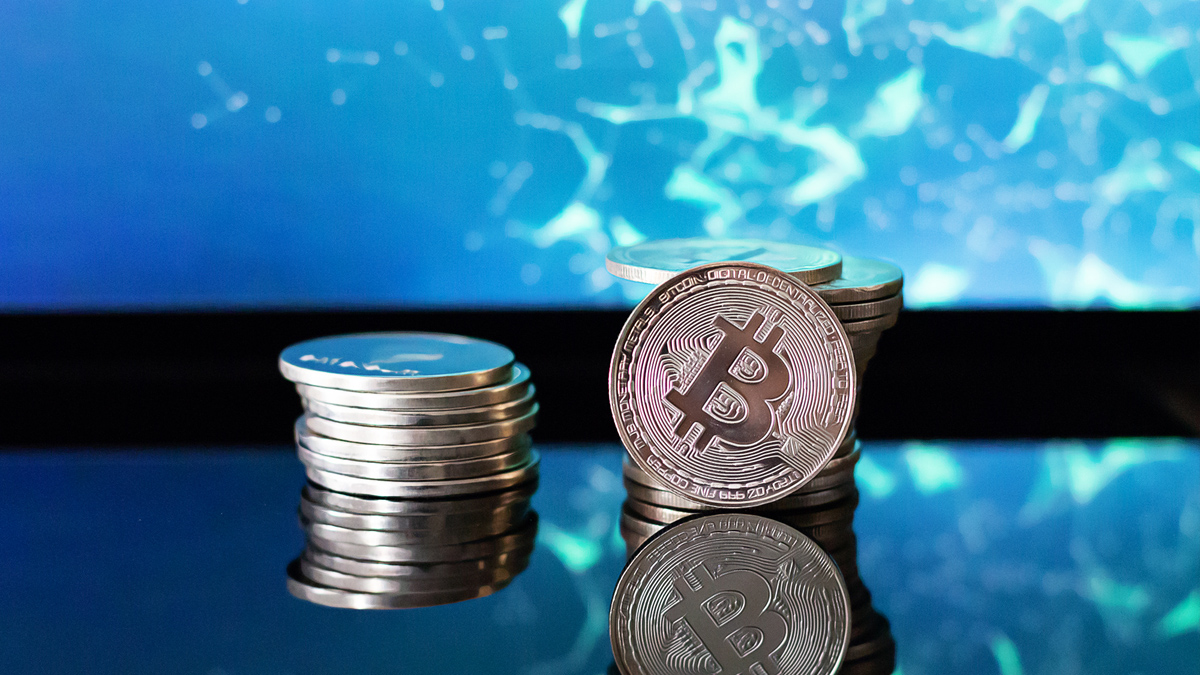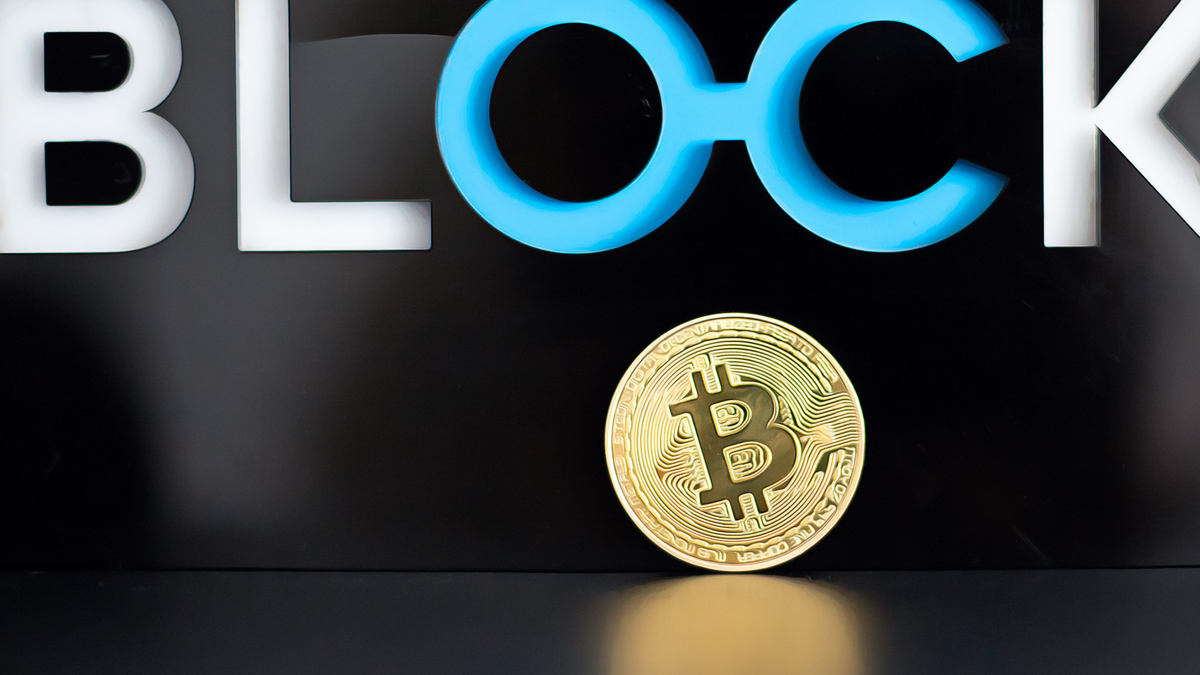The decentralized computing network, Golem (GLM), recently provided insights in its report concerning the transfer of 135,000 Ethereum (ETH)  $2,534 that raised significant concerns within its community. Approximately $337 million worth of ETH was sent to centralized exchanges such as Coinbase, Binance, and Bitfinex. Initially, these transfers created expectations of a large-scale sell-off; however, Golem’s report dated September 18 clarified that these actions were not intended for selling but were part of a staking test aimed at ensuring operational security.
$2,534 that raised significant concerns within its community. Approximately $337 million worth of ETH was sent to centralized exchanges such as Coinbase, Binance, and Bitfinex. Initially, these transfers created expectations of a large-scale sell-off; however, Golem’s report dated September 18 clarified that these actions were not intended for selling but were part of a staking test aimed at ensuring operational security.
ETH Transfers Caused Community Unease
The Ethereum transfers first raised serious alarm within the Golem community when they were noticed in July. The situation escalated after Golem deposited 29,000 ETH into various centralized exchanges that month, leading to intense discussions among community members and significant criticism on social media platforms, especially on the project’s Discord channel.
Members questioned the role of centralized exchanges in the solo staking process and claimed the team had not provided clear answers. The Golem team’s indication that they would address these questions later only intensified the unrest in the community.
“Solo Staking Test Conducted”
The report clarified that the ETH transfers were part of a solo staking test conducted to ensure operational security and uninterrupted transactions.

The team emphasized that using centralized exchanges created a controlled environment that minimized adverse effects from external interactions during the staking process. They stated, “Our goal was to create a controlled environment where we could observe the effects of various factors on the staking processes.”
Nonetheless, the report’s release in September did not alleviate the negative impact of delayed communication on the community. A user on X reiterated the announcement that funds were not sold, stating, “Honest communication from the start could have prevented this situation.” The user reminded that the community was promised the report would be released in August, suggesting that the delay had increased speculation.

 Türkçe
Türkçe Español
Español










